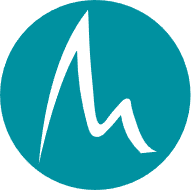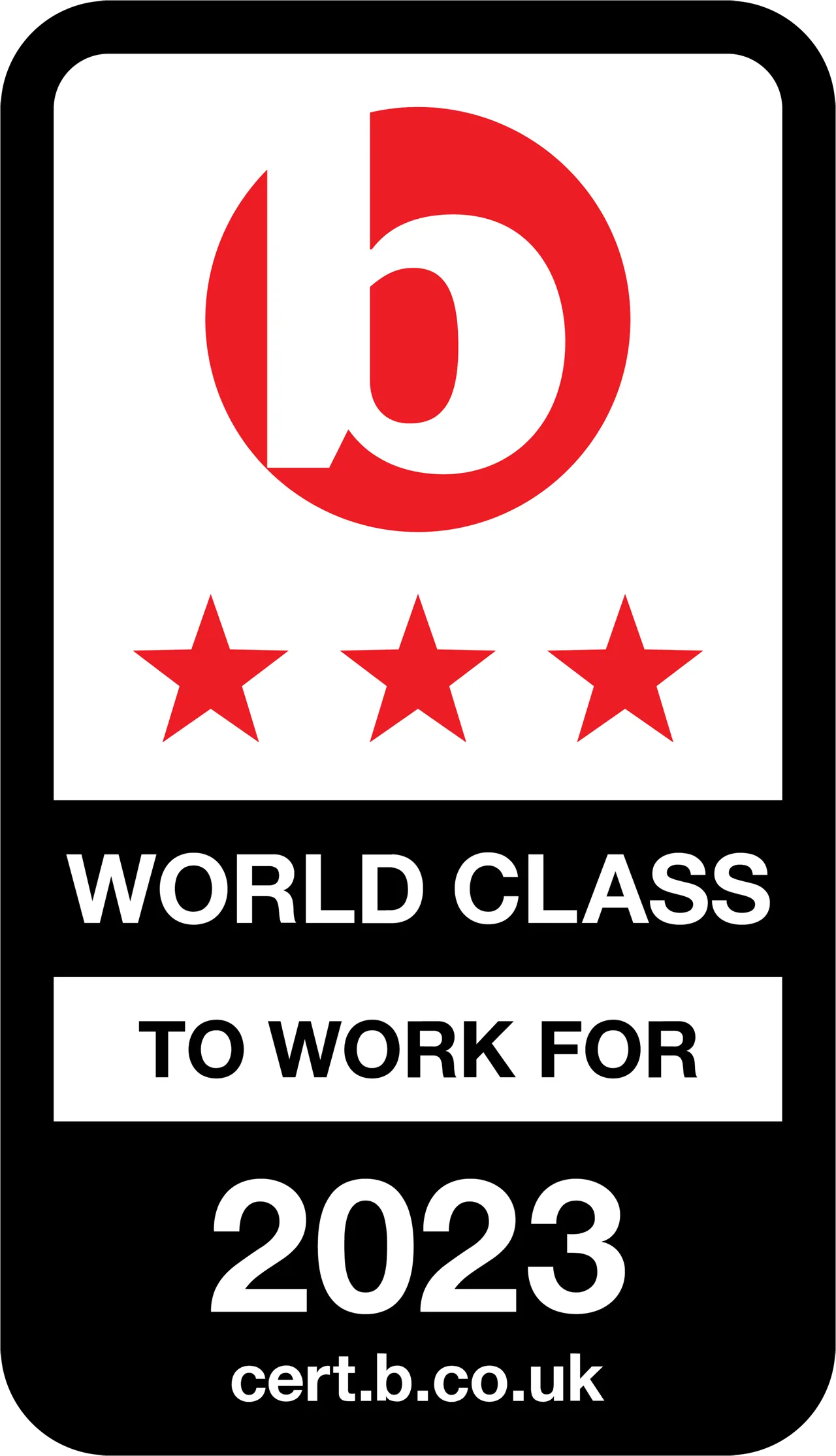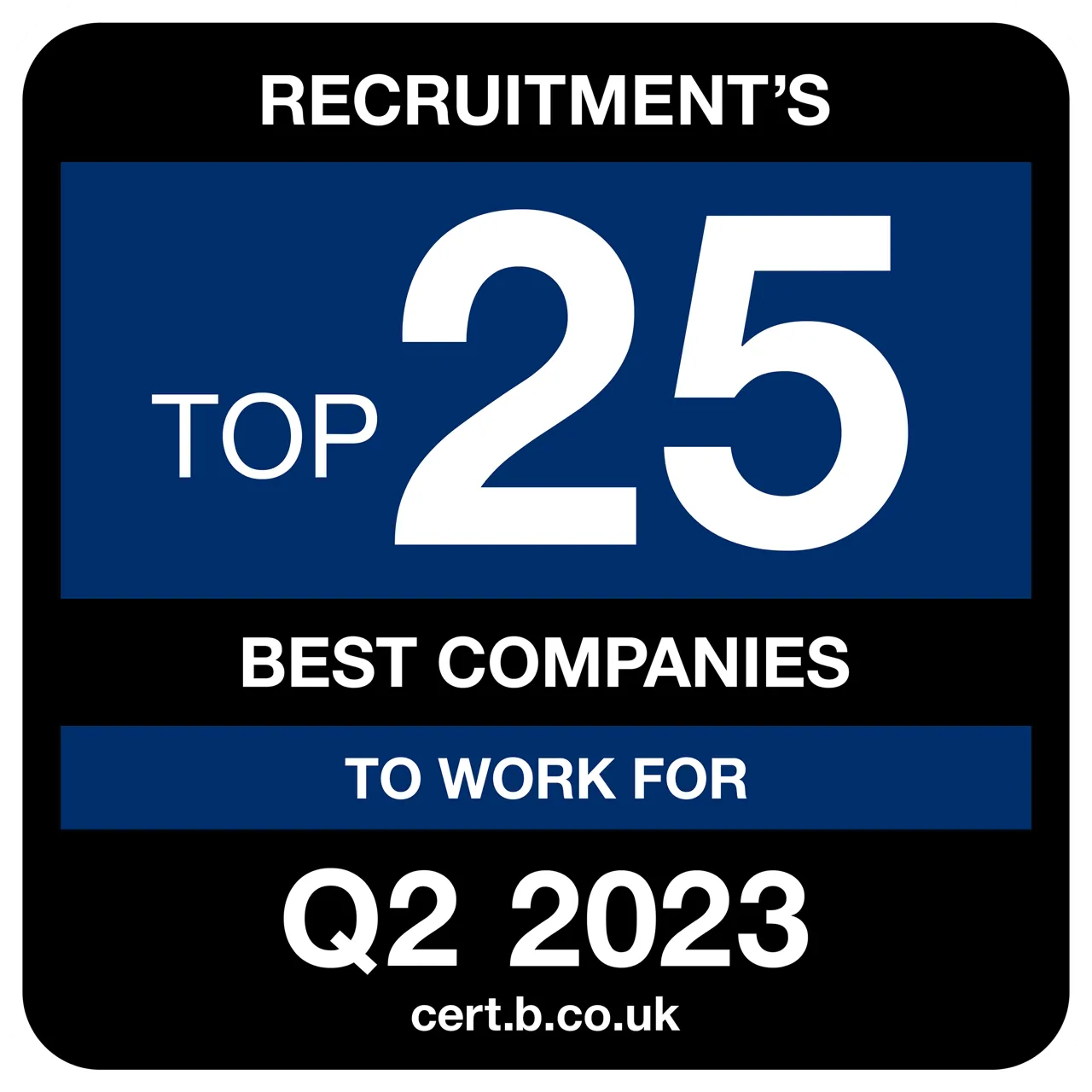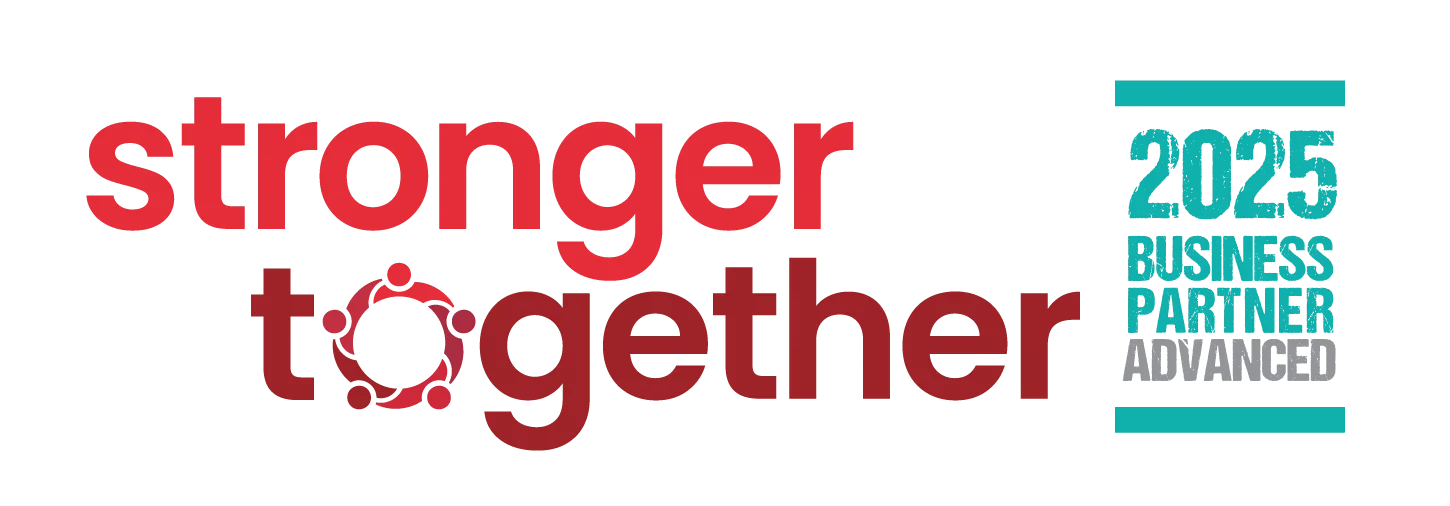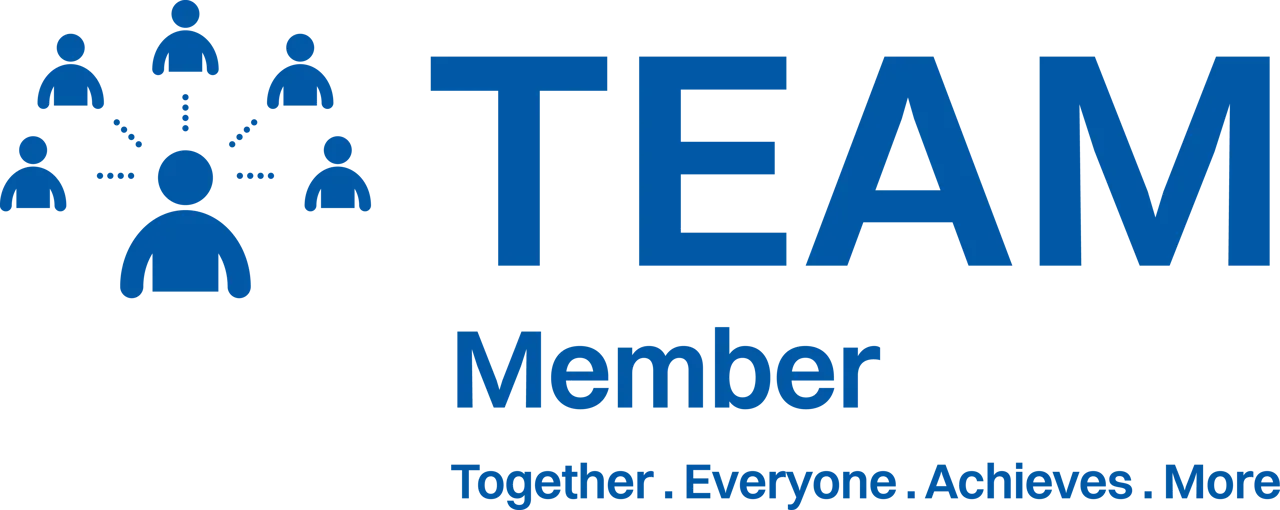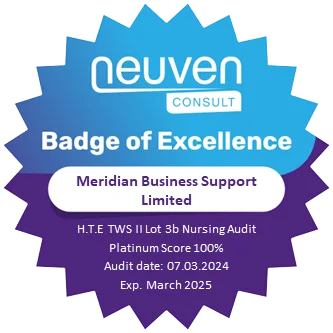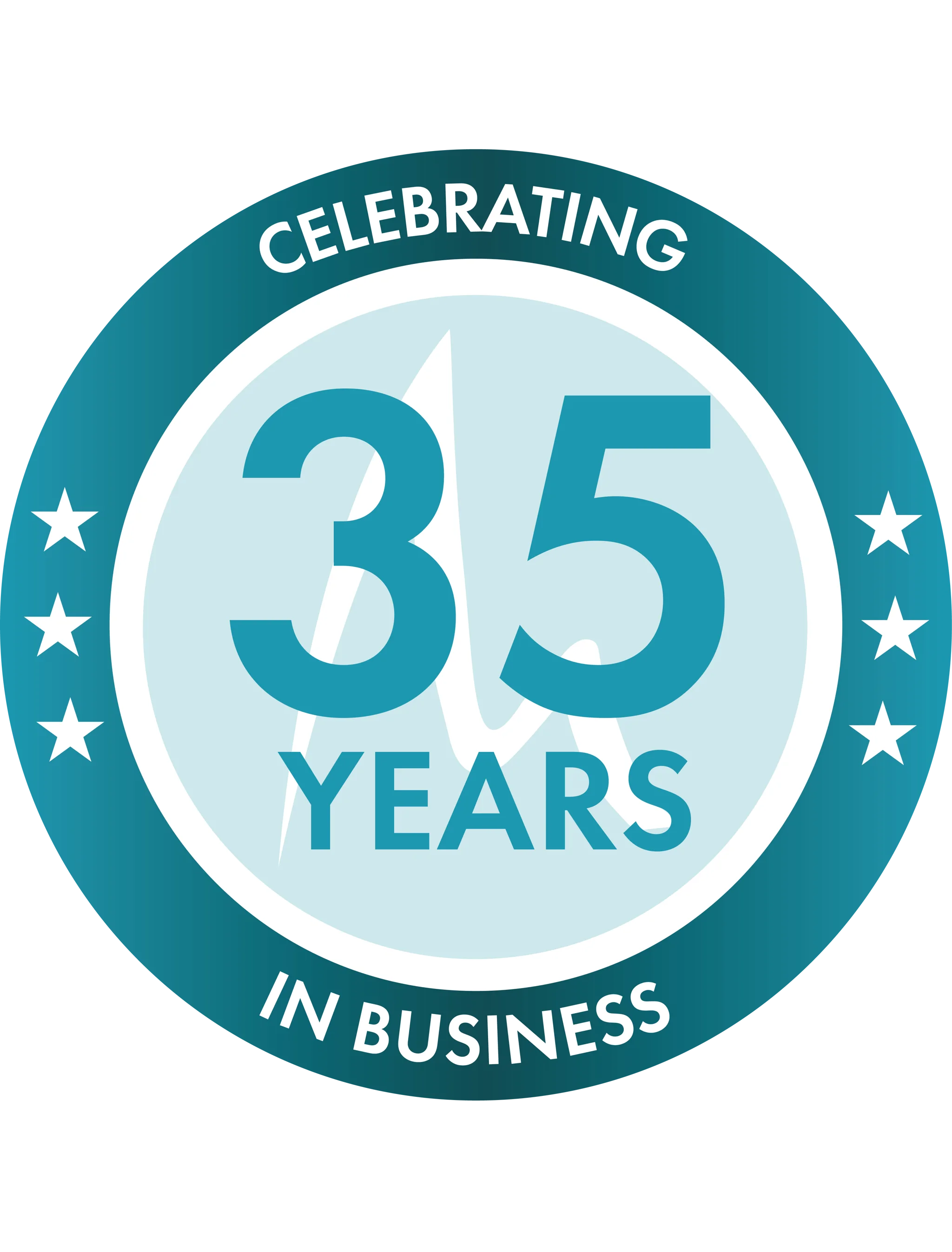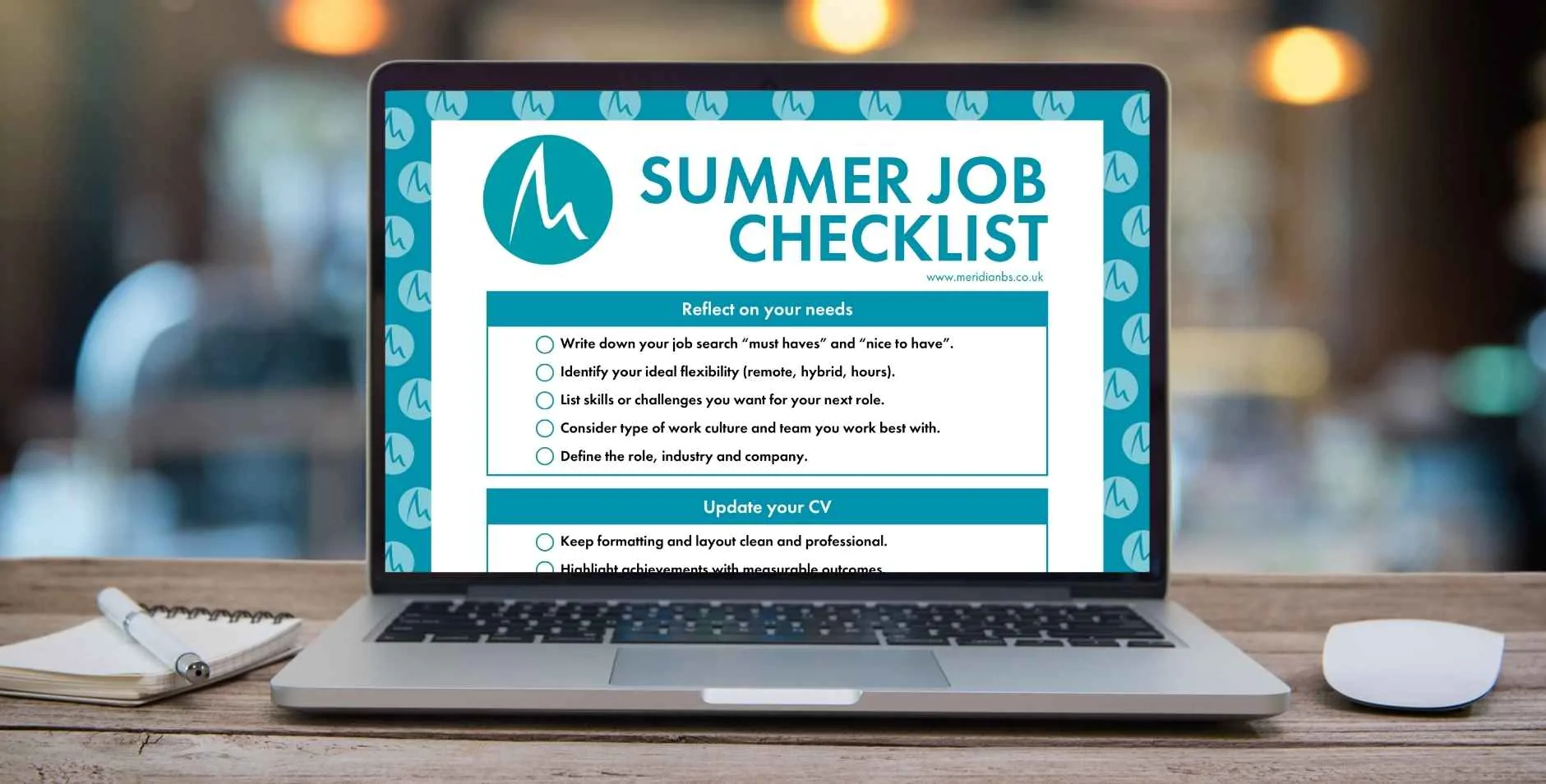
how to prepare for a second interview
04 Apr, 20189 minutesTop Tips for Acing Your Second InterviewAfter successfully passing the first interview, you'...
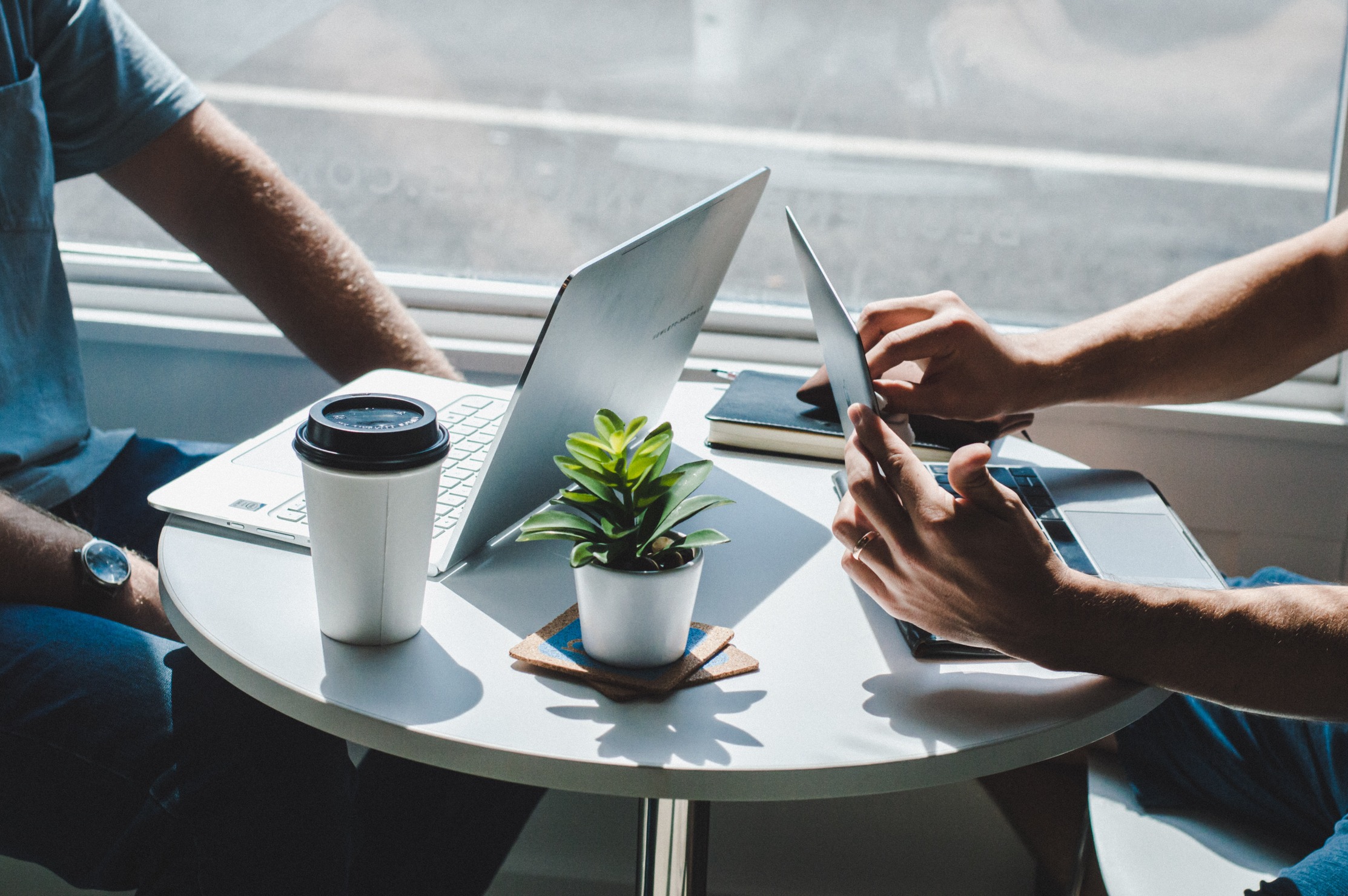
Top Tips for Acing Your Second Interview
After successfully passing the first interview, you're invited for a second round, and it's crucial to maintain your confidence while preparing diligently for this next step. Michelle Baker, an ex-recruiter and career coach, emphasizes the importance of preparation for the second interview. Here are some valuable tips on how to make the most of your second interview opportunity:
Understand the Second Interview Scenario
Before the second interview, it's essential to get a clear idea of what to expect. Ask the recruiting team or HR for details regarding the format, who you'll be meeting, whether there's a specific task or presentation, and if you need to bring a portfolio. Beth Rosser, Talent Engagement Specialist at Pivotal London, suggests that being well-informed in advance will help you prepare effectively for the second interview.
Once you know the names of the people you'll be meeting, consider looking them up on LinkedIn. This will give you insights into their roles within the company, their expertise, past experiences, educational background, and interests. Finding commonalities, such as attending the same university or working at the same company, can be excellent conversation starters.
Seek Feedback
It's common to feel nervous about the second interview, but remember that you've already made a positive impression. Now, it's essential to carry your first-stage interview strengths into the second stage. Identifying your interview strengths and areas for improvement is crucial. Don't hesitate to request feedback from the recruiter. Anna Skelton, Senior HR Business Partner at Jobsite, recommends asking for feedback from HR or the recruiter to help identify areas for improvement in your interview technique.
Ask the recruiter about what they liked in your initial interview, what areas you could enhance, and what they want to learn more about regarding your experience. This feedback will help you improve and demonstrate self-awareness and eagerness for the job. It can also provide an opportunity to learn about the competition and how many other candidates are proceeding to the next stage.
Dealing with a Different Interviewer
During the second interview, it's likely you'll meet someone more senior than in the first round. Prepare in a similar manner to your first interview: create a concise elevator pitch, summarize your skills and qualities, provide examples of your work, practice the STAR technique for answering general and unexpected second interview questions, and enhance your non-verbal interview techniques.
Don't assume that feedback from your first interviewer has been conveyed to the second. If you're meeting the interviewer for the first time, share comprehensive details about your experience, skills, and enthusiasm, just as you did in the initial interview.
Meeting the Same Interviewer
If you're encountering the same interviewer from your first interview, focus on adding value during this second interview. Delve even deeper into researching the company, monitor their social media feeds for relevant news, and come prepared to discuss industry developments. You can also address any problems the company is facing and suggest potential solutions, demonstrating your initiative and proactive approach.
On the Day of the Second Interview
Ensure you know the interview location and have your travel arrangements sorted. Double-check your attire and make sure you feel confident. After the interview, express your gratitude and appreciation for their time. A follow-up email is also recommended to thank them once more and provide additional information or work examples if needed. Taking notes on questions you answered well and areas for improvement will help you fine-tune your interview skills, whether you secure the job or need to attend a third interview.
Source: Jobsite
